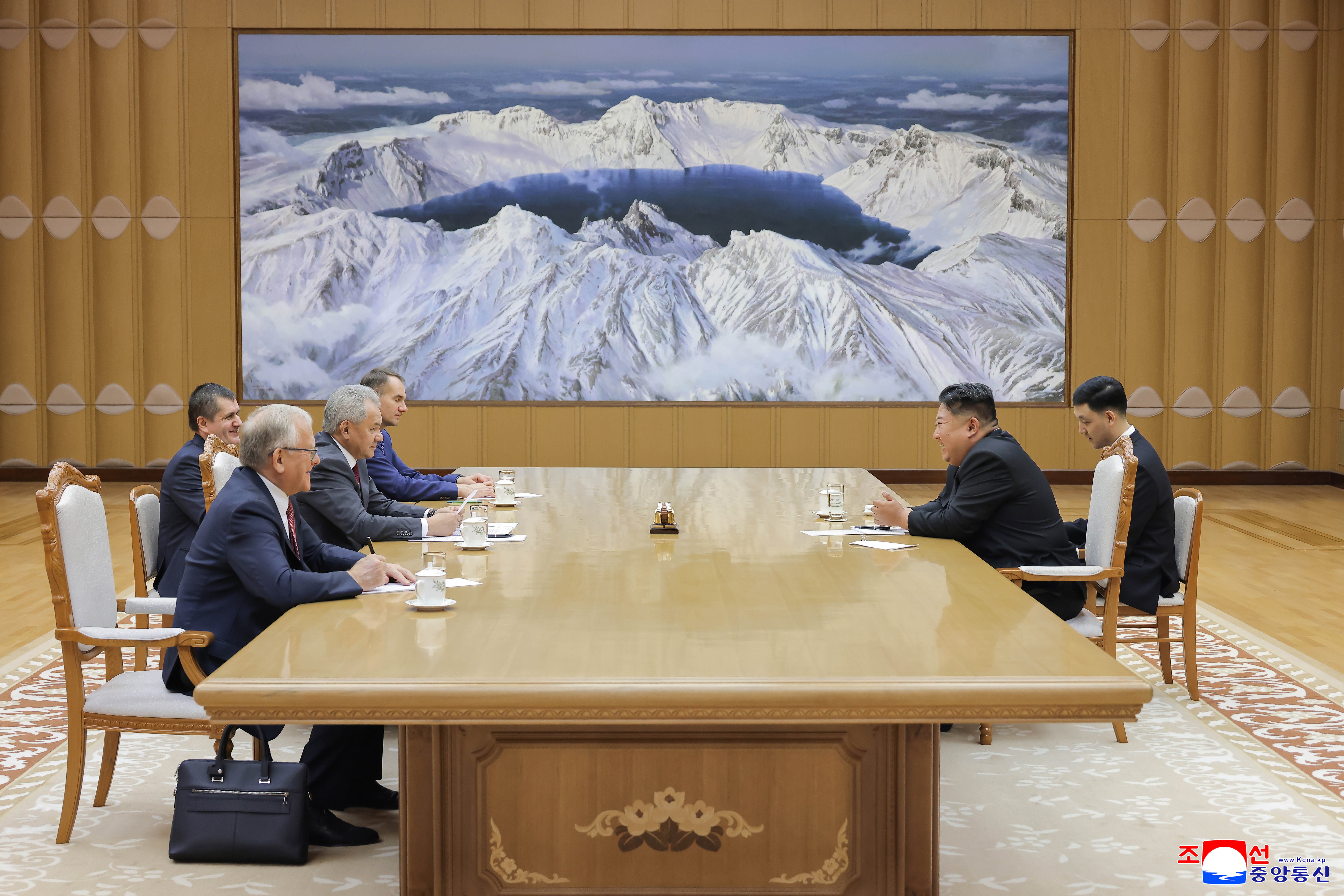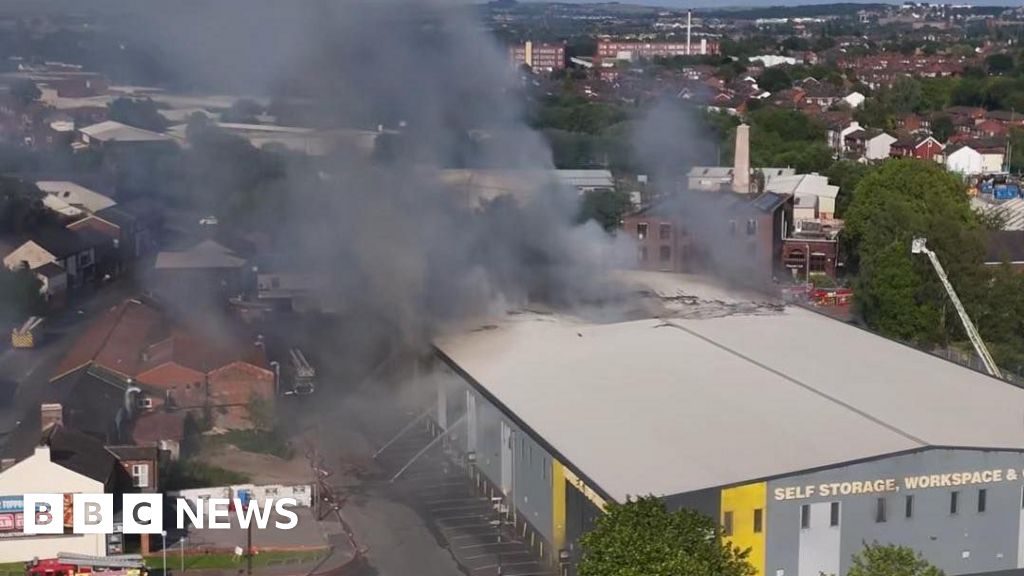A decade after a landmark UN report found North Korea guilty of crimes against humanity, many abuses continue, a UN official has said.
James Heenan, the UN human rights official, said that while North Korea has engaged more with some international bodies, it has tightened control over its population. Mr Heenan said he was still surprised by the continued prevalence of executions, forced labour and reports of starvation in the authoritarian country.
Mr Heenan, who investigated rights in the isolated state, told Reuters in an interview that “the post-Covid period for DPRK means a period of much greater government control over people’s lives and restrictions on their freedoms”, referring to North Korea’s official name (Democratic People’s Republic of Korea or DPRK).
A follow-up UN report by Mr Heenan’s team at the Commission of Inquiry on Human Rights in DPRK is expected later this year.
North Korea has repeatedly rejected allegations of human rights abuses, claiming that the UN and foreign nations are using such accusations as political tools to undermine its government.
The 2013 UN report into the human rights situation in North Korea stated: “We heard from ordinary people who faced torture and imprisonment for doing nothing more than watching foreign soap operas or holding a religious belief.”
“Women and men who exercised their human right to leave the DPRK and were forcibly repatriated spoke about their experiences of torture, sexual violence, inhumane treatment and arbitrary detention. Family members of persons abducted from the Republic of Korea and Japan described the agony they endured ever since the enforced disappearance of their loved ones at the hands of agents of the DPRK,” said Michael Kirby, the then-chair of the UN Commission of Inquiry on Human Rights in the DPRK.
A 2023 Reuters investigation revealed that during the Covid-19 pandemic, Kim Jong Un focused on constructing an extensive network of walls and fences along the once loosely controlled border with China, later extending similar barriers around Pyongyang.

According to a new report from the Washington-based Center for Strategic and International Studies, Covid-19 spread in North Korea for over two years before the regime acknowledged its presence in May 2022, mishandling the crisis in ways that restricted basic freedoms and forced much of the population to survive without adequate support.
In March this year, Human Rights Watch and Transitional Justice Working Group claimed Pyongyang implemented excessive and unnecessary measures to tackle Covid that made the “already isolated country even more repressive”.
On Wednesday, SI Analytics, a satellite imagery firm based in Seoul, reported that North Korea is renovating a major prison camp near the Chinese border, likely in reaction to global criticism, while also tightening physical control over inmates, disguised as infrastructure upgrades.
Mr Heenan said that interviews with over 300 North Korean defectors revealed deep despair, with some even hoping for war to change the situation.
“Sometimes we hear people saying they sort of hope a war breaks out, because that might change things,” he said.
Several of those interviewed will share their stories publicly for the first time next week.
“It’s a rare opportunity to hear from people publicly what they want to say about what’s happening in the DPRK,” Mr Heenan said.



